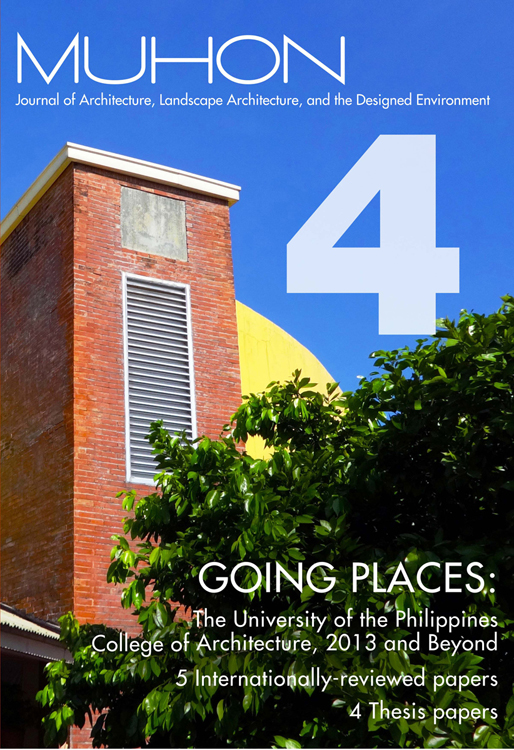The Philippine Animal Rehabilitation Complex (Thesis Project in Bachelor of Science in Architecture 2013)
Abstract
This design study is an exploration into an often overlooked building typology in the Philippines – the animal care facility. With the objective of redefining the said typology from one which meets basic needs to one which elevates quality of life and connects humane principles to the public, the study is focused on creating architecture that communicates, teaches, and upholds an advocacy.
The Philippine Animal Rehabilitation Complex (PARC) is a humane education facility dedicated to the rescue, rehabilitation, and adoption of victims of animal cruelty. Its architectural program and subsequent design translation are founded on the simultaneous analysis of three major aspects of research and design: the human aspect, the animal aspect, and the client aspect.
A psychological approach was applied in addressing the design problem of connecting animal welfare to the public. Through harnessing the processes of observational learning introduced in Albert Bandura's Social Learning Theory and translating them into design concepts, the architecture of the facility can allow for embodied principles of animal welfare to be communicated and adopted in the own lives of PARC's visitors.
The copyright for the published work belongs to UPCA and its selected publisher. The contributor is free to publish a modified version of the same article in other publications.
The contributor guarantees that :
- the article does not infringe on the copyright or any proprietary right of any other person
- the article contains no libelous or other unlawful matter
- the article makes no improper invasion of the privacy of any other person.





